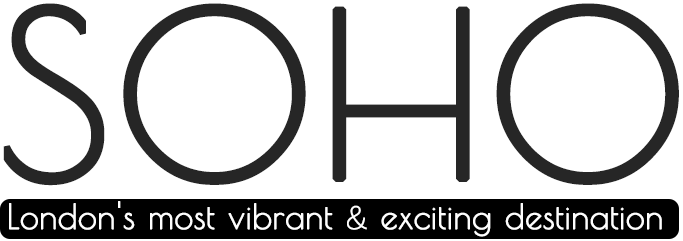London’s betting scene has been turned completely on its head over the past few decades. What used to be loads of little family-run bookies dotted all over the capital’s high streets has become this massive corporate machine. It’s mad how much has changed; technology, new rules, the way people live their lives, it’s all combined to totally transform how we have a flutter these days.
The Golden Age of Independent Bookies
The traditional London bookmaker was often a right character, you know the sort. Picture old Ted behind the counter of his little shop on the corner, surrounded by the perpetual smell of cigarettes and the constant drone of racing commentary from a telly that had definitely seen better days. These independents knew their customers by name, would extend credit based on nothing more than a handshake and your word, and operated with a personal touch that made each betting shop feel like your second living room.
Many of these establishments had been in the same families for generations, with reputations built over decades of straight dealing and genuine local knowledge. Corner bookies understood their patches like nobody’s business. They knew which punters always went for the outsiders, who needed a gentle word about settling up, and exactly which local football matches would have half the neighbourhood queuing up for a flutter.
Corporate Consolidation Begins
The late 1980s and 1990s marked the beginning of the end for loads of independent operators. The big players started hoovering up high street properties left, right, and centre, either buying out struggling independents or simply steamrolling them with massive marketing budgets and corporate muscle.
By 2005, the top five UK betting firms controlled over 60% of all high street betting shops, a figure that has since climbed to nearly 80%. These giants could offer things the little businesses simply couldn’t compete with: shops open at consistent hours, the same betting options in every branch, and that glossy, professional look that made everything seem more legitimate somehow. However, something genuinely precious was lost in all this corporate efficiency.
Technology Turns Everything Upside Down
Then the internet arrived, and oh my goodness, did that change everything overnight. Online platforms suddenly emerged as serious threats to the traditional high street model, offering punters convenience that physical shops simply couldn’t match, no matter how hard they tried. People could now stick a bet on from their kitchen table, sneak one in during their lunch hour, or have a flutter whilst squeezed into a packed Tube carriage during the evening rush. Between 2010 and 2025, the share of UK gambling revenue generated online jumped from 23% to over 65%, with mobile betting now dominating the digital space.


This shift particularly suited the bigger operators who had the cash reserves to build proper, sophisticated online platforms from scratch. The explosion of online casinos added yet another layer to the world of gambling, with players increasingly drawn to attractive features like cashback bonuses that made their money go further. The rise of digital currency also opened up new payment methods that appealed to tech-savvy punters. Developing these innovations required serious investment that most independent bookmakers simply couldn’t afford.
When the Paperwork Started Piling Up
Government regulation played an absolutely massive role in accelerating this whole consolidation process, whether that was the intention or not. Suddenly, there were new licensing requirements to navigate, anti-money laundering obligations to fulfil, and responsible gambling measures to implement, all creating compliance costs that hit smaller operators like a proper sledgehammer to the finances.
These regulations certainly served important public purposes, and nobody wants their local betting shop involved in anything dodgy, but they effectively raised the entry barriers sky-high. The introduction of the Gambling Act 2005 modernised everything but also created mountains of additional paperwork that seemed to grow weekly. Large corporations could absorb these costs by spreading them across hundreds of outlets, whilst many independents found themselves completely drowning in forms, inspections, and regulatory requirements.
What London Looks Like Now – And Where Independent Bookmakers Still Hold Ground
Walk down any major London high street and you’ll see the shift. Branded shopfronts, identical layouts, and digital terminals have replaced the old corner bookies. As of 2025, fewer than 10 percent of betting shops in the city are independently owned, down from nearly 40 percent in the early 1990s.
But independent bookmakers in UK haven’t disappeared completely. A few still operate in quieter parts of London, serving loyal locals. Others have moved online, offering niche markets and a more personal touch than the big platforms. They’re not easy to spot, but they’re still part of the story. And for some punters, that familiar feel matters more than flashy screens or corporate polish.
The transformation of London’s bookmaking industry mirrors what’s happened across loads of other British industries. Corporate efficiency has undoubtedly improved some aspects of betting, but something authentically London has been lost along the way. Those brilliant characters and genuine connections that once made your local bookmaker part of community life have largely vanished. Whether that’s progress or a crying shame probably depends on what matters most to you when you fancy a punt.



